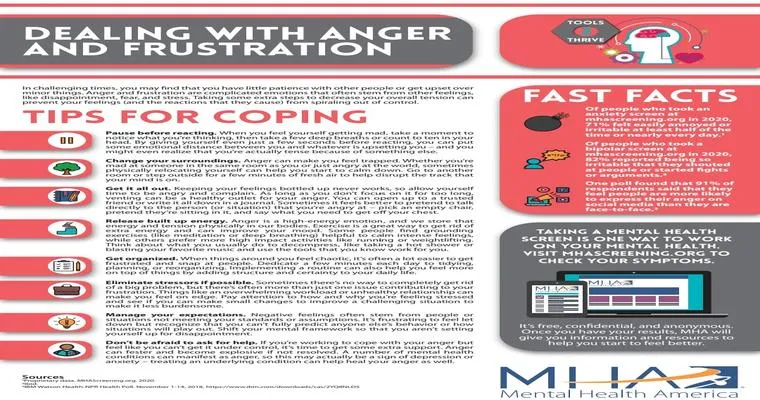As individuals transition into their "senior years", they often experience notable changes in their "health", both physical and mental. For many, these changes can lead to unexpected "mood swings" and emotional fluctuations. If your mom is facing health challenges and mood instability as she enters this new phase of life, it is essential to understand the factors that might be contributing to her situation.
Aging can bring about a variety of physical ailments, such as chronic pain, decreased mobility, or other health conditions that can significantly impact an individual's quality of life. These physical challenges can, in turn, affect mental health. Seniors often feel a sense of loss—loss of independence, loss of friends or loved ones, and even loss of purpose. This emotional burden can manifest as "mood swings", anxiety, or depression, making it crucial for caregivers and family members to provide support and understanding.
Moreover, hormonal changes can also play a significant role in how seniors feel. The body undergoes changes throughout life, and for some, these changes can lead to fluctuations in mood. It is important to recognize that these feelings are a normal part of the aging process, although they can be distressing for both the individual and their loved ones.
Social isolation is another critical factor that can impact the mental health of seniors. As friends and family members may pass away or become less active, seniors can feel increasingly alone. This isolation can lead to feelings of sadness and frustration, resulting in mood swings. Encouraging social interactions, whether through community events, hobbies, or even regular family visits, can help alleviate some of these feelings.
Additionally, medication side effects can also contribute to mood changes. Many seniors take multiple medications for various health issues, and interactions or side effects can lead to emotional instability. It is vital to consult with a healthcare professional to review any medications your mom is taking and discuss potential alternatives or adjustments.
To support your mom during this transitional period, consider the following steps:
1. "Encourage Open Communication": Create an environment where she feels comfortable expressing her feelings and concerns about her health and mood.
2. "Promote Physical Activity": Gentle exercises, such as walking, yoga, or swimming, can improve both physical health and mood.
3. "Seek Professional Support": Consulting a therapist or counselor who specializes in geriatric care can provide valuable tools for managing emotional challenges.
4. "Foster Social Connections": Help her engage with friends and family or join social groups to combat loneliness.
5. "Regular Health Check-ups": Ensure she has regular medical check-ups to monitor her physical health and discuss any mood-related concerns.
In conclusion, becoming a senior can indeed affect an individual's health and emotional well-being. Understanding the factors behind your mom's health issues and mood swings is crucial for providing the right support. By addressing her physical health, encouraging social interactions, and ensuring she has access to professional help, you can make this transition smoother and more fulfilling for her. Remember, your love and support during this time can make all the difference in her overall well-being.





